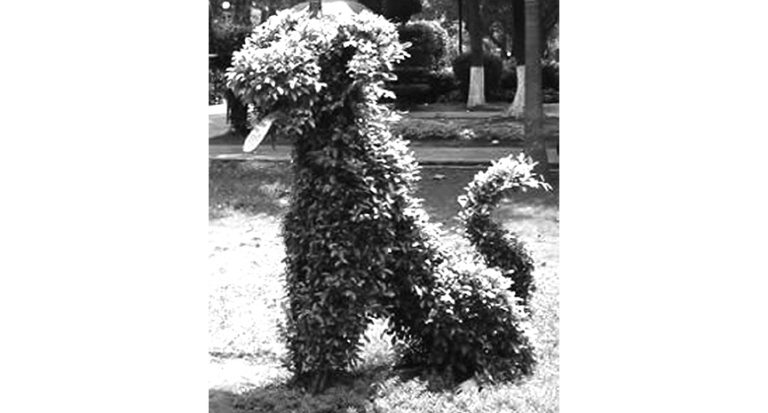Archeological and paleontological evidence indicates that the horse was domesticated about 5,000 years ago, substantially later than other farm animals. By that time (approximately 3,000 B.C.), the dog had been our companion for thousands of years and we had herded goats, sheep and cattle for upwards of 5,000 years. The horse came late into our lives but lost no time in transforming us.
The earliest evidence of horse domestication has been found in the steppes of the eastern Ukraine, northern Caucasus, central Russia and Kazakhstan. Hunting horses had never been easy and taming them was even less so. Cattle and sheep are much slower than horses and easier to control in herds. The horse posed a greater challenge. Not only was he fast, he was no doubt as skittish then as he is today. Gaining the trust of the first horse must have been a difficult task.
Human relationships or interactions with horses have varied throughout history depending on human needs. Our close involvement with horses is linked to their speed and strength and their ability to pull and carry loads. It is their ability to carry a human individual, however, that has perhaps had the greatest impact on their relationship with man. An indication of the importance of the horse can been seen from its regular occurrence in art and literature. Today, although the use of horses for farm work and transport has declined in many developed countries, there has been an increasing interest in riding as a sport or a hobby in the last 40 years. In many developed countries the leisure horse population is possibly greater now than it has ever been.
Human subjects can interact with horses in many different ways; from those who have occasional rides at weekends or on holiday, to those who keep the same animal for many years and ride it regularly. Others may have a number of animals and change them as they strive for increased performance at a sport. It should also be remembered that horse owners do not necessarily ride or care for their horses. Some people own and ride their horses but are not responsible for their day-to-day care. Others care for horses day-to-day but never own these animals, while a further group both own, ride and tend to their animals. With such a wide range of type and intensity of interaction, the range of potential relationships with man is perhaps greater than for any other species.
But horses inherently seem to understand people better than most other animals do, displaying tremendous sensitivity to even the most subtle eye and body movements, research suggests.
According to a study, horses are able to decipher certain types of human-given visual and auditory cues.
Dogs, however, appear to be far more adept than any other species at figuring out what we are trying to communicate, especially when we’re attempting to direct an animal’s attention to an external object.
The reverse “Dr. Doolittle” phenomenon–how well animals understand us–seems to be tied to two factors: domestication and an animal’s predisposition to how we communicate.
Dogs rule on both counts.
Dogs do tend to have a much closer relationship with man and have probably been bred for their ability to pick up on human cues more so than horses. And the cues humans give horses are often given while riding them, and therefore are of a different type and are not given face-to-face.
In the past, horses were mostly valued for their size, beauty, strength and other qualities not always associated with behavior. Dogs, while bred for these traits too, were also selected for companionship characteristics.
Depending on how horses are domesticated and trained in future, they may have the potential to catch up with dogs as being man’s best “understanding” friend.
A recent study determined that horses recall positive interactions with individuals, even when the horse and human are separated for months at a time. Horses are highly social animals that use very fine body and facial movements to communicate with each other. Some wild horses also form herds with other species and are sensitive to their behavior.
In the future, it would be interesting to study how well wild horses respond to humans, to see if horses are just naturally predisposed to being receptive to us or if their people skills are more a result of selective pressures during breeding.
There is something about the ancestors of most domestic animals that made them amenable to human interaction, and this may have been increased during the process of domestication.





